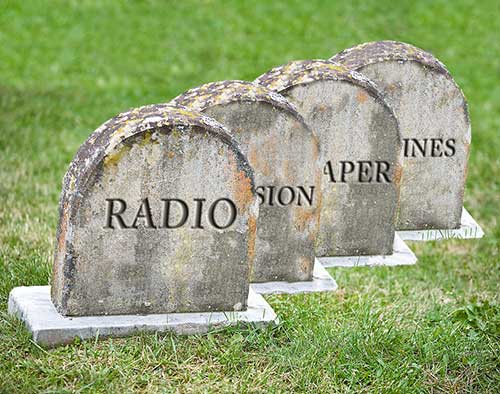“After my family, the people I love most are the one’s I work with.” – David Salyers, Author, Remarkable
“Wow, I thought, that’s an amazing point.” I was watching David Salyers, Vice President of marketing for Chic-Fil-A at the 2014 CMB Momentum conference. He was talking about the culture of his organization, which puts a huge emphasis on including living it every day. And that culture has everything to do with people.
He told us how Chic-Fil-A puts an emphasis on going beyond thinking about what we want from our people, to what we want for our people. I read the “love letter” he wrote to his employees, and again bells went off in my head. They let their people know, every day, by how they act, that they love and respect them.
“How do my people think about me?” I wondered.
Believe me, I’ll be making that line of thinking a part of my leadership.
I hear about “culture” from a lot of radio stations, but none of them have ever come this far in designing the organization around the culture. Culture means “how you will act,” not “how you will be.” It’s about behavior, not about a way of “being.”
Chic-Fil-A cultivates a culture that isn’t meant to be just for “Chikin’” but instead for any organization that wants to be…well, Remarkable!










